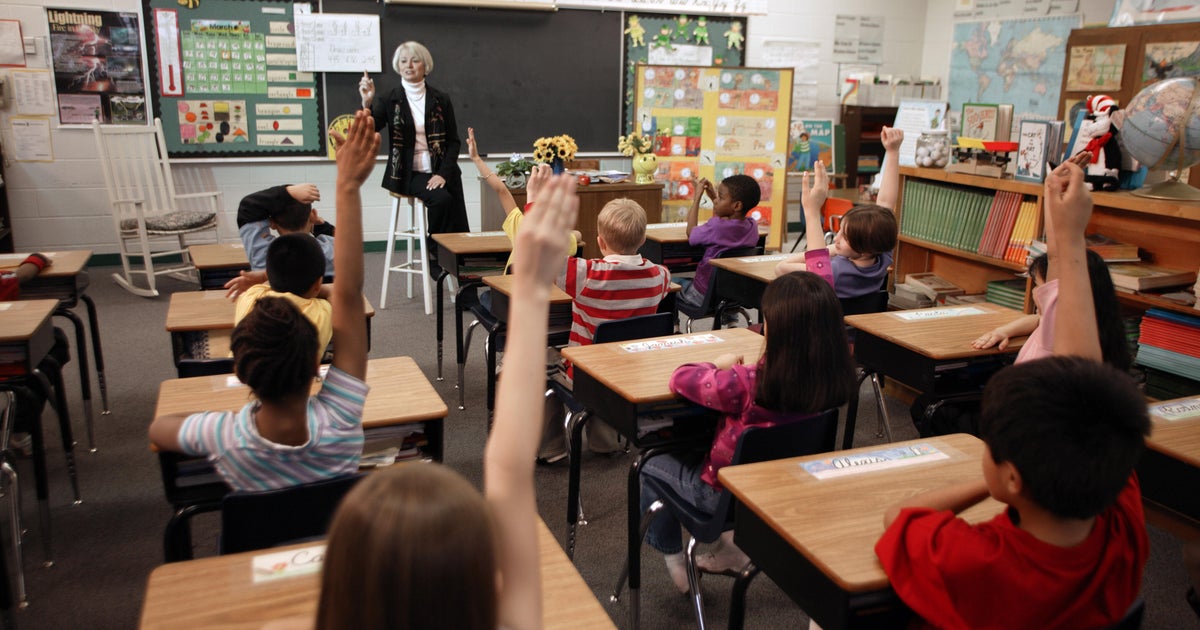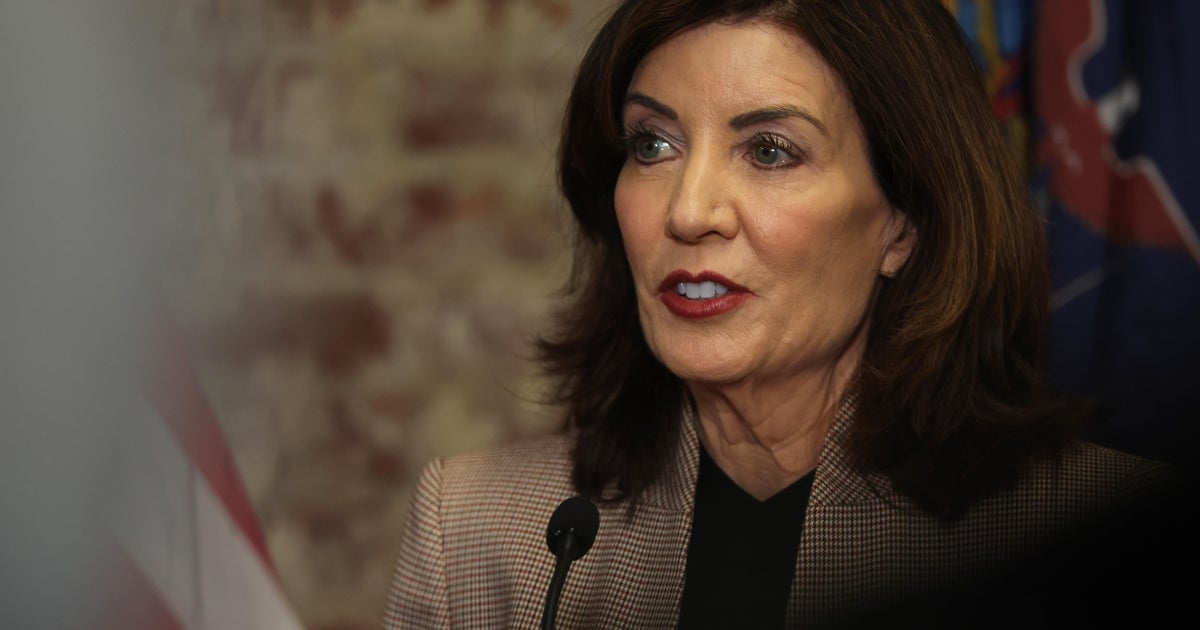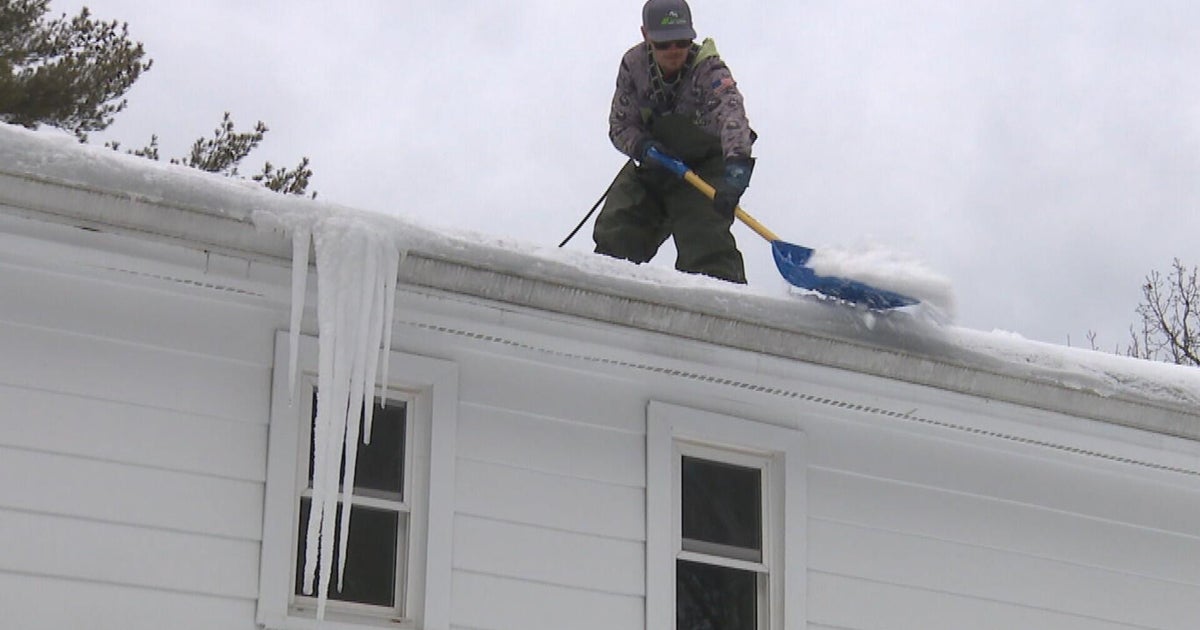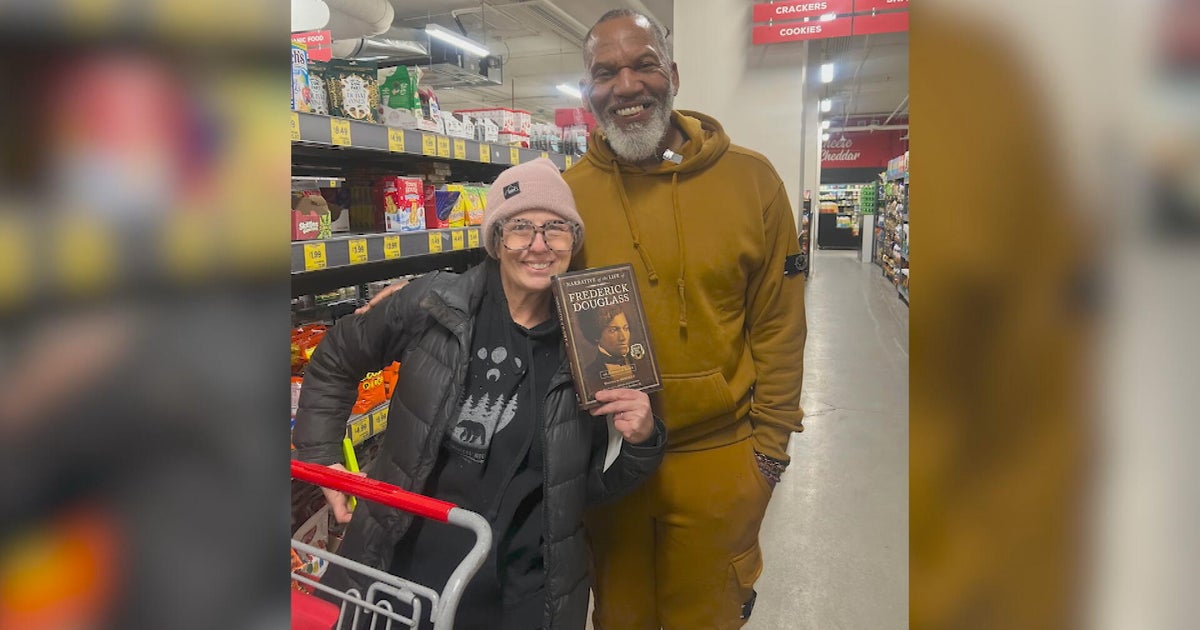Study Says Poverty Finding Its Way To The Suburbs
CBS 11's Marianne Martinez Reports:
LEWISVILLE (CBSDFW.COM) - Kathy Melton used to help others in need.
"I was a restaurant general manager, made lots of money," she said.
She bought a house, a car, and lived comfortably. But, she recently lost her job and started asking for help.
"I've been in and out of a couple of different jobs and not making anywhere near the money I was making then," she said.
Kathy has received assistance to pay her mortgage, car payments, utilities and groceries. She also started taking care of her four-year-old grandson, which added to her expenses. She signed up for a program at the Salvation Army, so he will have a Christmas present.
Kathy lives in Lewisville, where the need is growing, especially for food. Last year, the Lewisville Salvation Army distributed about 1400 bags of groceries to its clients. This year, they will distribute about 4,000 bags. They also started a summer lunch program for children, which served hundreds of kids. Now, the organization is building a new kitchen in order to provide hot meals three times a week.
"More and more people were trying to pay rents and mortgages and keep a roof over their head, rather than feed their family," said Shelagh Skipsey, with the Salvation Army Lewisville.
According to a new study by the Brookings Institute, the poverty rate in America's suburbs has increased by almost 40 percent in the last decade. In fact, almost a third of our nation's poor live in the suburbs.
Even affluent suburban areas like West Plano have seen a change in demographics. A new free health clinic, West Side Clinic, recently opened to meet that need.
"Everybody's been hit, but nobody thought there would be a group like this in West Plano," said John Ernst, the Executive Director of the West Side Clinic.
The clinic will provide free medical care for adult Collin County residents, by appointment. They must be uninsured, and either unemployed or low income.
"They used to have a great job and Cadillac insurance," Ernst said. He said many of the clients had high-paying jobs, and were laid off.
The clinic will treat chronic health problems, like diabetes and hypertension.
Some say these services are long overdue in the suburbs, and it's a reminder poverty knows no boundary.
"It could be anybody," Kathy said.







